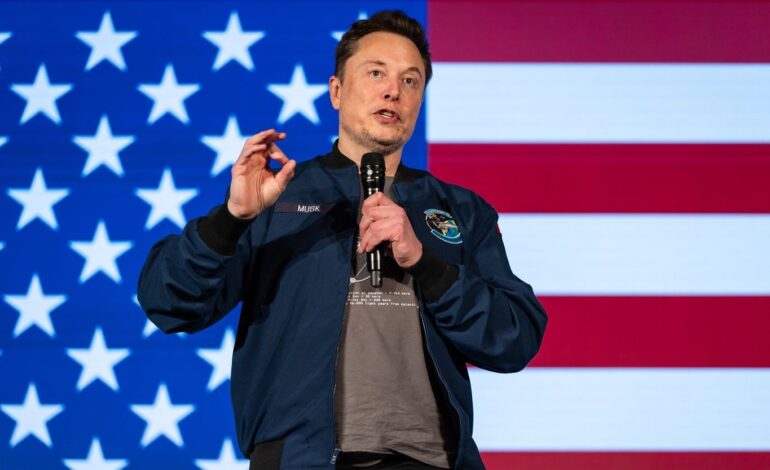
Citizenship crisis? Elon Musk’s immigration history raises legal questions
Elon Musk could face serious consequences regarding his U.S. citizenship if he is found to have lied during the immigration process, according to legal experts. Born in South Africa, Musk emigrated to Canada before settling in the U.S. and becoming a citizen. He has controversially spent over $100 million supporting Donald Trump and has made numerous posts on social media demonizing immigrants.
Recent reports indicate that Musk may have worked illegally in the U.S. during the 1990s, which, if true, could jeopardize his citizenship. In 1995, he was admitted to Stanford for graduate studies but reportedly did not attend, instead focusing on a startup that became Zip2. Allegedly, both Musk and his brother Kimbal, who have stated they were “illegal immigrants,” lacked the proper work authorization during that time.
While Musk denies these allegations, claiming he transitioned from a J-1 visa to an H-1B visa, experts emphasize that working without authorization and failing to disclose this during the immigration process could be grounds for revocation of citizenship. U.S. law allows for citizenship to be stripped if it was obtained through misrepresentation or concealment of material facts.
Musk’s past, along with his substantial connections to national security, adds further complexity to the situation. If the allegations hold true, the legal ramifications could be severe, although experts note that such cases are often challenging to prosecute, particularly for actions that occurred decades ago.
Despite the potential legal challenges ahead, Musk has not yet made his immigration records public, leaving many questions unanswered.